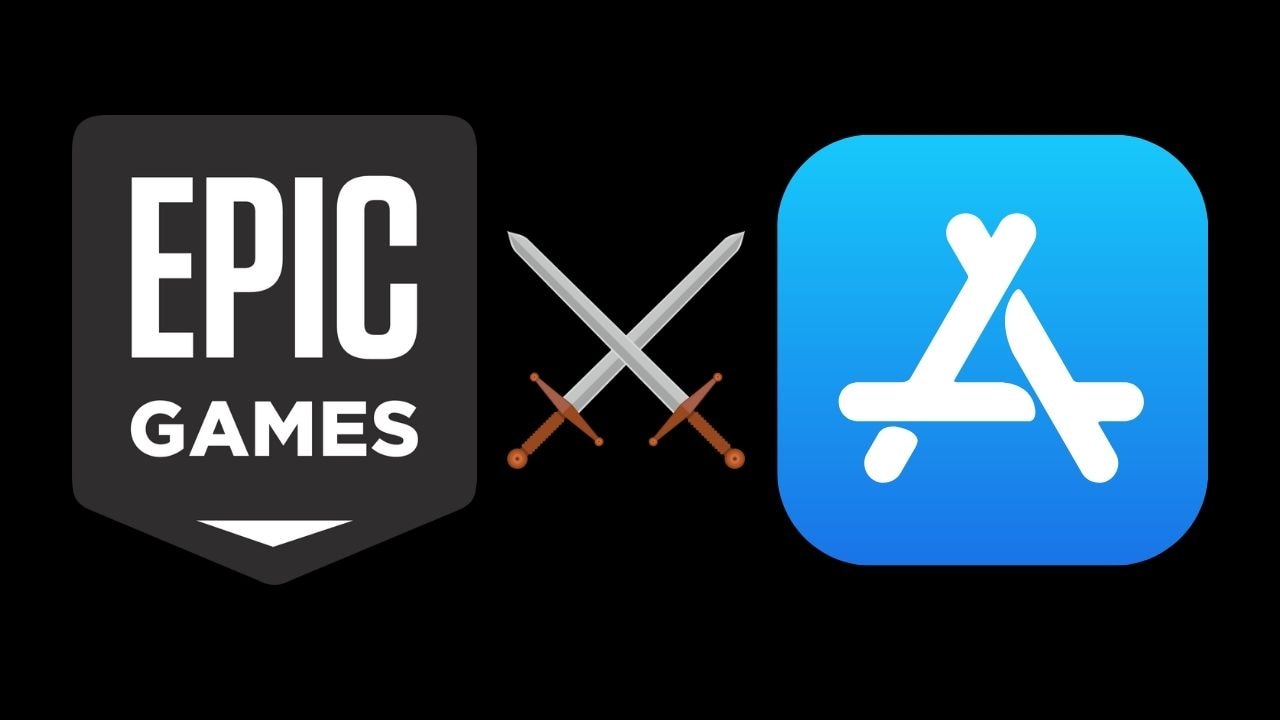The New York TimesMay 03, 2021 10:23:41 IST
On a Friday in August, Tim Sweeney, a billionaire game developer, sent an email to a contact at Microsoft: “You’ll enjoy the upcoming fireworks show.”
A week later, Sweeney’s game Fortnite delivered good news to players on iPhones: They would get a discount on items in the game if they completed the purchases outside Apple’s payment systems.
The change violated Apple’s rules and cut the iPhone maker off from collecting a commission on one of the world’s most popular games. Hours later, Apple kicked Fortnite off the App Store.
(Also read: Epic Games sues Apple, Google for dropping Fortnite from app stores for payment policy violation [August 2020])
Sweeney’s company, Epic Games, immediately sued Apple in federal court. It also began a public relations broadside that was months in the works, complete with a trending #FreeFortnite hashtag and a parody of Apple’s iconic “1984” ad depicting Apple CEO Tim Cook as an evil corporate overlord with an apple for a head.
Epic’s attack was the most direct challenge to Apple’s power in years, and nine months later, the fight is heading to federal court in Oakland, California. On Monday, a trial is scheduled to open with testimony from Sweeney on why he believes Apple is a monopoly abusing its power.
The trial, expected to last about three weeks, carries major implications. If Epic wins, it will upend the economics of the $100 billion app market and create a path for millions of companies and developers to avoid sending up to 30 percent of their app sales to Apple.
An Epic victory would also invigorate the antitrust fight against Apple. Federal and state regulators are scrutinising Apple’s control over the App Store, and on Friday, the European Union charged Apple with violating antitrust laws over its app rules and fees. Apple faces two other federal lawsuits about its App Store fees — one from developers and one from iPhone owners — that are seeking class-action status.
Beating Apple would also bode well for Epic’s upcoming trial against Google over the same issues on the app store for Android devices. That case is expected to go to trial this year and would be decided by the same federal judge, Yvonne Gonzalez Rogers of the Northern District of California.
If Apple wins, however, it will strengthen its grip over mobile apps and stifle its growing chorus of critics, further empowering a company that is already the world’s most valuable and that topped $200 billion in sales over just the past six months.
The trial will center on a legal debate over whether Apple is a monopoly. Epic’s lawyers have argued that companies need iPhones to reach customers and that Apple unfairly forces app makers to use its payment system and pay its fees.
Apple’s lawyers have responded that iPhones are merely one way to reach consumers and that Apple’s fees are in line with industry standards.
Apple probably has the upper hand, legal experts said. Courts are often more sympathetic to defendants in antitrust trials, since companies have a right to choose with whom they do business.
But Epic is arguing that Apple is using its position of power to stifle competition, a legal theory “that has worked and overcome that disadvantage,” said William Kovacic, a law professor at George Washington University. The Department of Justice made a similar argument against Microsoft in its antitrust suit two decades ago.
(Also read: Epic Games files complaint against Apple to UK watchdog for alleged 'monopolistic practices')
The case might come down to one narrow technical question: What is the market these two are fighting over? Epic argues that the case is about iPhones and that Apple has a clear monopoly on them. Apple lawyers insist that the market in question includes all gaming platforms — from smartphones to video game consoles to desktop computers — and that Apple hardly has a monopoly there.
The answer will be up to Gonzalez Rogers. And after she decides this case, she is set to hear the next two App Store lawsuits seeking class-action status.
An Apple spokesperson said in a statement that Apple’s top executives would show how the App Store had been good for the world. “We feel confident the case will prove that Epic purposefully breached its agreement solely to increase its revenues,” she said.
Epic declined to comment.
Fortnite, a battle royale video game, is the biggest hit of Epic’s 30 years in business. It got there, in part, because Sweeney pushed the companies behind the big gaming consoles — Microsoft, Sony Group and Nintendo — to let players battle each other across different devices, meaning a Microsoft Xbox owner could play a Sony PlayStation owner for the first time.
In 2018, Epic released Fortnite in an iPhone app. In about two years, Epic earned roughly $1 billion from Fortnite and its other iPhone apps. But it had to pay about 30 percent of that to Apple. Epic was paying similar commissions to the gaming console makers.
Sweeney has said in interviews and on Twitter that he realised the app store commissions meant that Apple and Google could sometimes profit more on a game than the developers who had made it. He saw an opportunity to challenge the tech giants.
Jack Nicas and Erin Griffith[c.2021 The New York Times Company]
Apple vs Epic Games in court: A trial that could alter App Store future and forever change how apps work - Firstpost
Read More


No comments:
Post a Comment